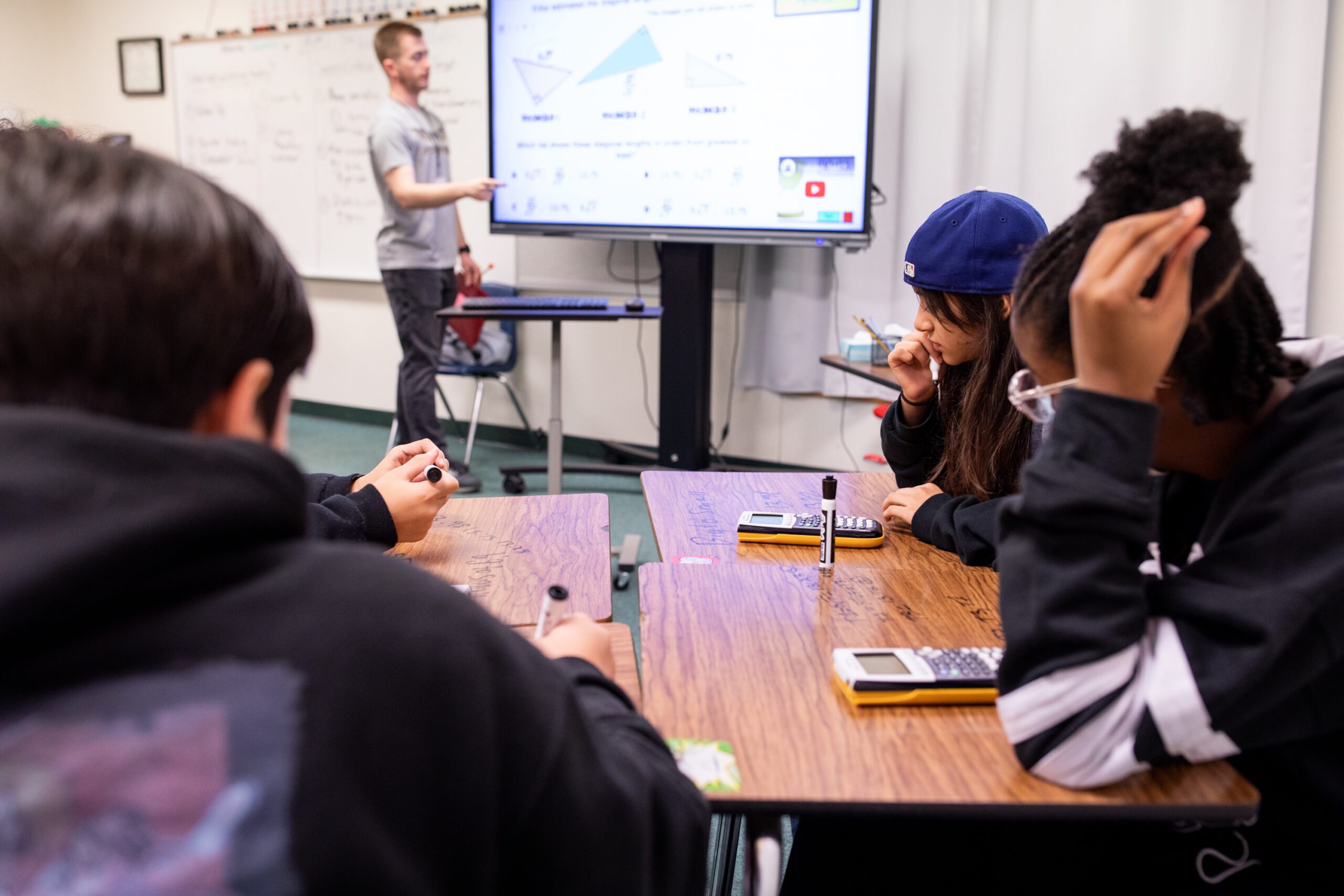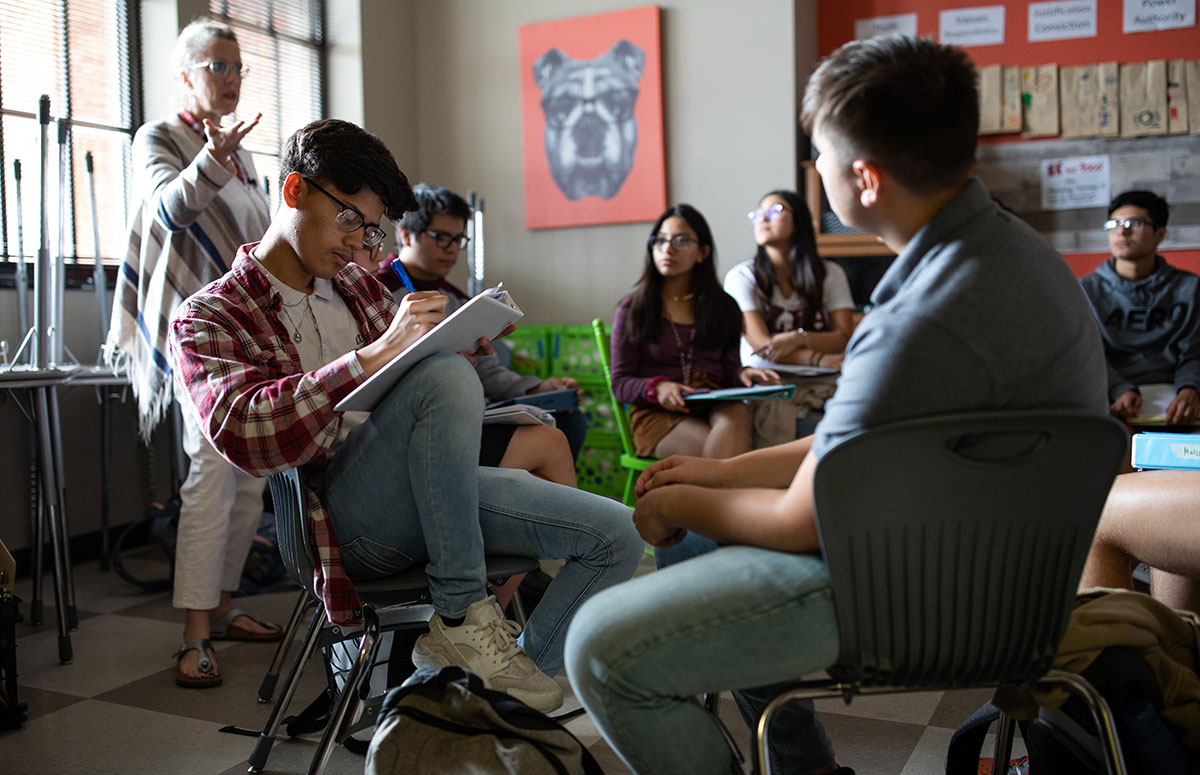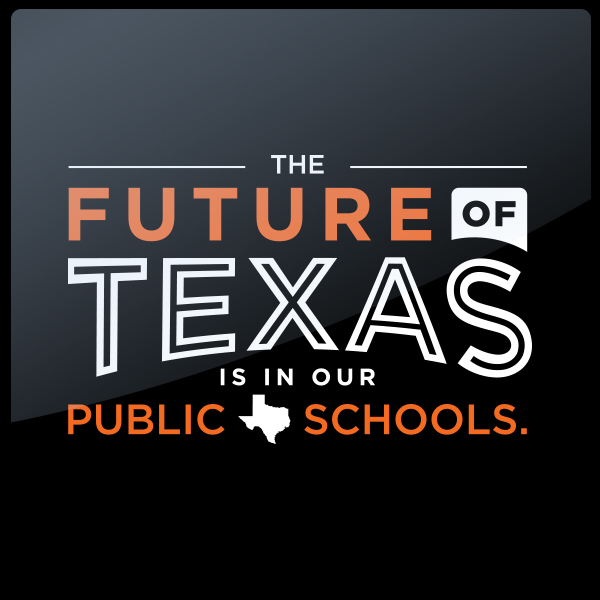
categories
Recap of the 88th Texas Legislative Session

June 21, 2023
A Session Out of Balance: What Happened with Key Education Issues and Where We Go From Here?
The 88th Texas Legislative Session tells a story of great potential, reliable roadmaps, and disastrous detours, concluding with a dead end for many critical public education issues as the legislature left the future of public education in the balance of political trades. The group that suffered the most from the political twists and turns of the 88th? Texas teachers and the 5.4 million Texas public school students they currently serve.
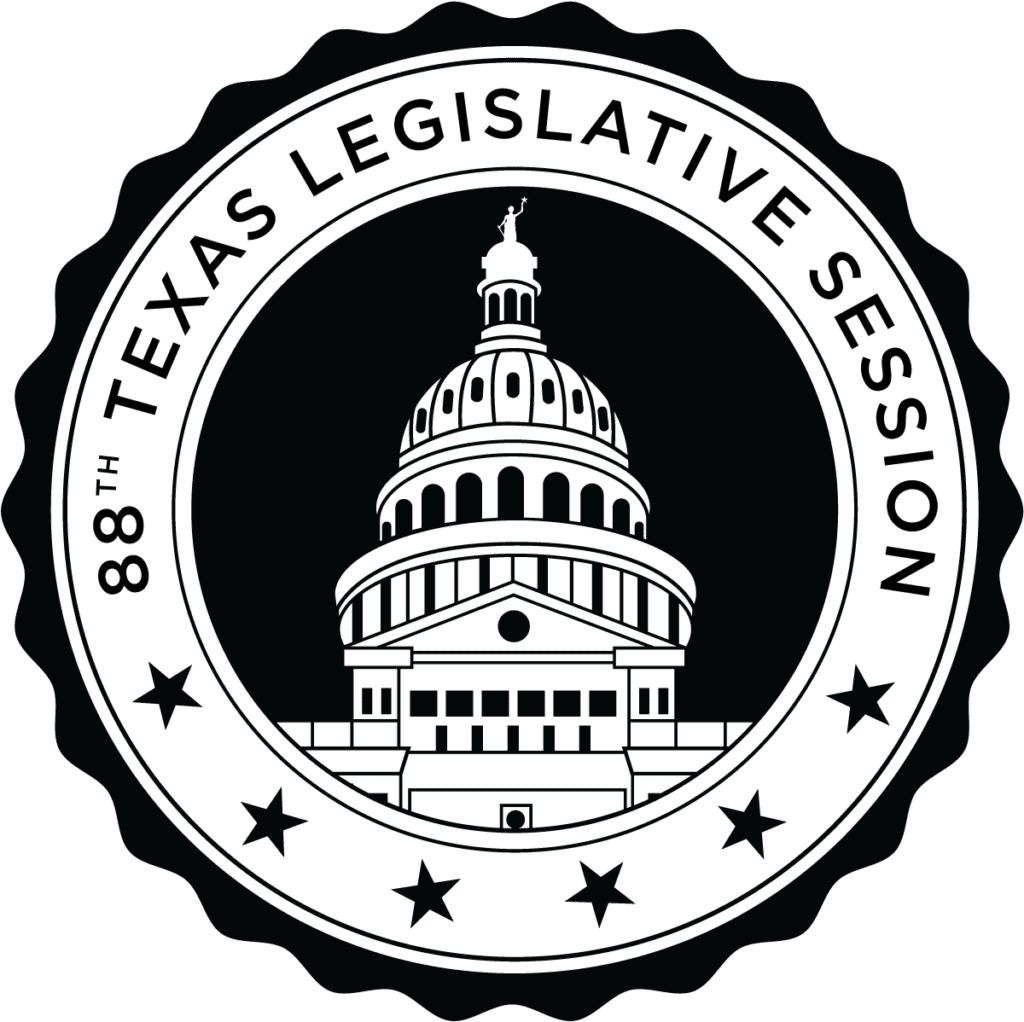
The legislative session kicked off with high hopes that bills and funding would pass to strengthen public education, including an increase to the basic allotment and teacher salary increases, but in the end, Texas teachers remain underpaid, the basic allotment did not increase, and special sessions are looming on vouchers and school funding.
There were other critical issues lost along the road to final passage, like school finance and reforming our testing and accountability system. What was the factor that caused so many good intentions and legislative efforts to go off-course?
School vouchers. Education Savings Account (ESA) schemes quickly became the bargaining tool for all public education reforms, and as they failed, so did the honest efforts of thousands who advocated on behalf of public education classrooms through legislation and funding.
The Great Potential of $33 Billion
The 88th Legislative Session kicked off with a massive $33 billion in surplus funds, with much speculation regarding how legislators would allocate resources to support Texans. The sheer size of the surplus was impressive, surpassing the entire budgets of many other U.S. states. But more importantly, policy experts wondered how legislators would choose to use this taxpayer-derived funding to support
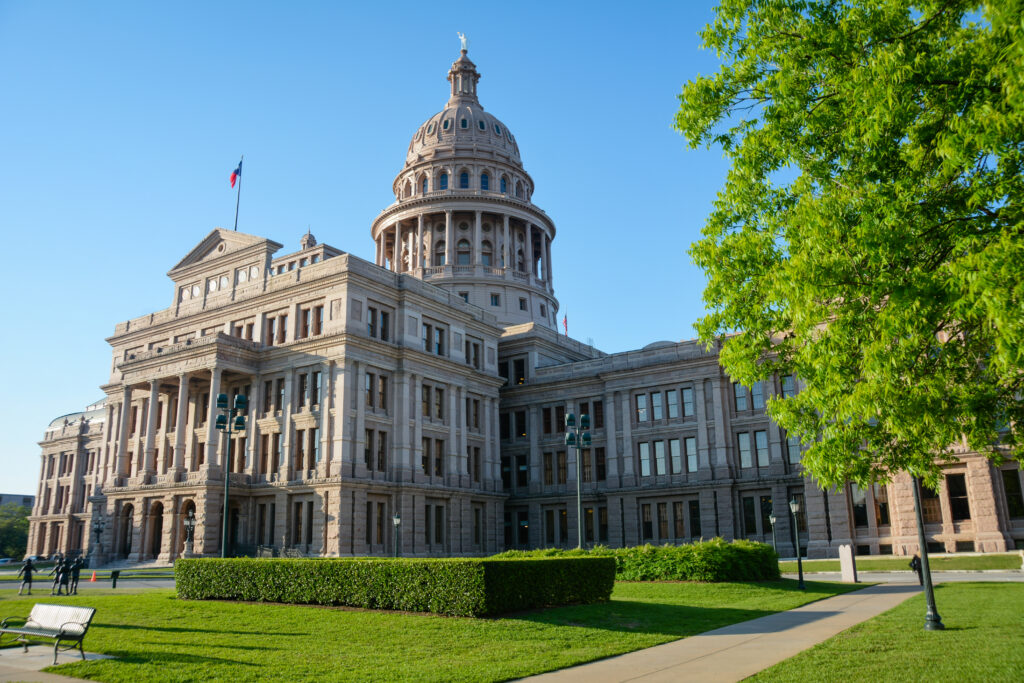
the state’s greatest needs. As reported, if the entire surplus were spent on teacher pay raises, every teacher could receive a 9.3% raise throughout a 20-year career. Legislators like James Talarico (D-Austin), wanted to “go big” on teacher pay, proposing legislation for a $15,000 teacher pay raise in HB 1548.
But those working with the legislature knew many issues would compete for the $33 billion worth of support, including property tax cuts, state infrastructure for water and the electric grid, public school funding, broadband access, border security, higher education, and much more.
Public Education Legislative Recommendations
Going into the 88th Legislative Session, the legislature had plenty of reliable reports, and comprehensive data, from seasoned experts on public education issues.
The Texas Education Agency (TEA) released its Teacher Vacancy Task Force Report in February 2023, which included recommendations for increased overall compensation, teacher incentives, expansion of teacher mentorship, and support for high-quality instructional materials and schoolwide culture and discipline resources. One of the only items to pass from the TVTF recommendations was High-Quality Instructional Materials (HQIM) in HB 1605.
Just prior to the legislative session, TEA’s Commission on Special Education Funding released its report, calling for changes to the special education formulas, increased resources for evaluations, transportation, rehiring educators, salary stipends, and more to improve special education funding that hadn’t seen a substantial increase in nearly three decades. It also included considerations around ESAs.
Also prior to the session, Raise Your Hand Texas released its report with recommendations to add additional indicators and reform assessment and accountability for our public schools. As part of the Measure What Matters campaign, the council’s report made recommendations to deemphasize standardized testing as the only measure for high-stakes accountability and expand accountability indicators to consider student-centered services provided by schools.
The Voucher Imbalance
The issue that derailed many public education policy priorities, including teacher pay and assessment and accountability, was school vouchers.
School vouchers, an issue with a long and unsuccessful history in Texas, was the key negotiation tool for legislative leadership and was the reason many important bills and funding initiatives did not pass during the regular session. Even with clear evidence that many legislators would not support ESAs or any type of school voucher, such as the April 6 passage of the House budget’s Herrero Amendment by a vote of 86-52-11, legislative leadership continued to hold hostage teacher pay raises, school funding, and other issues.

News outlets reported widespread doubt about vouchers among Texans, especially in rural communities and among business leaders. This did not stop legislative leadership from pushing the passage of an unpopular ESA into the final weeks of the session.
After the Texas Senate pushed for a House hearing to pass ESA legislation without proper notice, House legislators voiced their concerns. This included House Republican Ernest Bailes, who decried the lack of opportunity for public comment on the updated bill language when it was set to be voted out of committee.
On May 14, 2023, Governor Abbott shared a public statement saying, “[The] failure to expand the scope of school choice…will necessitate special sessions.” Public education policy experts expect a special session about school vouchers to be announced sometime, with the potential to address school funding and teacher pay raises at the same time.
The Status of Raise Your Hand Texas’ Four Key 88th Session Policy Issues
Teacher Workforce
What Passed:
SB 10 (Huffman)
- One-time $7,500 stipend for eligible annuitants 75 years+
- One-time $2,400 stipend for eligible annuitants between 70-74 years
- 2-6% Cost of Living Adjustments depending on retirement date
HB 4363 (Kuempel)
- Creates the Future Texas Teacher Scholarship Program
- Provides $12,000 per school year for eligible students enrolled in an educator preparation program operated by a general academic teaching institution or a private or independent institution of higher education
What Did Not Pass:
SB 9 (Creighton) and HB 100 (King, K.)
- Teacher pay increases
- Supports for teachers, including Teacher Incentive Allotment expansion, retire-rehire Grants to help districts fill in the gaps in the teaching force with retired teachers who can come back and teach and tutor, teacher residency programs, Mentor Program Allotment expansion, and free Pre-Kindergarten
What Now:
- Teachers wait to see if Gov. Abbott calls legislators back for a special session to address teacher pay increases
- Raise Your Hand Texas will continue to advocate for multiple ways to strengthen our teacher workforce, including salary increases, resources for mentorships, and scholarships for aspiring teachers. Raise Your Hand knows our schools are only as strong as our teachers, now and in the future
School Finance
What Passed:
HB 1 (budget bill)
- Additional funding for school safety, curriculum, Golden Pennies, instructional facilities, and instructional materials
- There is funding set aside for school funding formulas, increased teacher pay and school vouchers
What Did Not Pass:
- Legislation directs how additional funding is allocated to schools and teachers
- Sufficient funding to provide the same purchasing power for school districts as they had in 2019 before districts experienced double-digit inflation and increased costs
- Reinvestment of the $8.2 billion in new state funds generated by local school district property value growth
What Now:
- Raise Your Hand Texas will continue to advocate for an increase in the Basic Allotment, the foundation for funding our public schools. Texas public schools still rank in the bottom ten in per-pupil funding, and we must invest in our classrooms in order for Texas to grow the workforce of the future.
Assessment & Accountability
What Passed:
HB 1225 (Metcalf)
- Allows up to 3% of students in a district to take required state assessments in paper format at a parent’s request
SB 2124 (Creighton)
- Must enroll 6th-grade students in an advanced math course if they performed in the top 40% on the 5th-grade STAAR math assessment or similar local measures
What Did Not Pass:
HB 4402 (Bell, K.)
- Would have added three new K-12 non-test indicators to the Student Achievement Domain: extra & co-curricular student success, parent and student satisfaction, and middle school accelerated math
- Would have limited STAAR to no more than 80% of accountability rating for grades 3-6 (with new indicators no more than 20%)
- Would have created grants for the development of local accountability systems
What Now:
- Parents, educators, and community members across the state made their voices heard during the Measure What Matters campaign. Legislators must continue to hear from Texans about the overemphasis on the STAAR test and how we must reform school ratings.
School Vouchers
What Passed:
- No school voucher legislation passed in the 88th Regular Session
What Did Not Pass:
SB 8 (Creighton)
- Would create Education Savings Accounts (ESA)
- $8,000 voucher for private schools and vendors (tuition and fees), transportation, materials, assessments, and educational therapies.
- Provides $10,000 per student to school districts in districts with 20,000 students or less for five years, if student uses ESA.
SB 1474 (Bettencourt)
- Would transition Special Education funding to an intensity-of-service model
- Would have provided a grant program to increase the number of qualified and appropriately credentialed special education staff
- Directed TEA to establish and administer an Education Savings Account program for certain students with disabilities
- Would have provided $7,250 plus an additional $1,400 to $1,500 depending on specific circumstances
What Now:
- School vouchers are the wrong choice for Texans. They remove funding from our already underfunded public schools and do not provide accountability for results. For these reasons and more, Raise Your Hand Texas will continue to oppose vouchers in any form and during any special legislative sessions.
- During the regular session, public education advocates joined a robust campaign that included more than 23,000 emails and calls to legislators to share their opposition to vouchers. Texans must continue to send the message to elected officials that vouchers of any form are the wrong choice for Texas students. Stay tuned to Raise Your Hand’s calls to action when the time is right.
How to Stay Involved and Impact Change
Make sure you are signed up for our Across the Lawn newsletter, listen to our Intersect Ed podcast, and connect with your Raise Your Hand Texas Regional Advocacy Director to learn how state policy affects you locally, and what you can do to have a positive impact on your public schools.
Follow our social media channels and stay updated, especially during future special sessions, to learn more about the education issues that impact your communities most.

Twitter: @RYHTexas
LinkedIn: linkedin.com/company/raise-your-hand-texas/
Facebook: Raise Your Hand Texas
Instagram: @RaiseYourHandTexas
